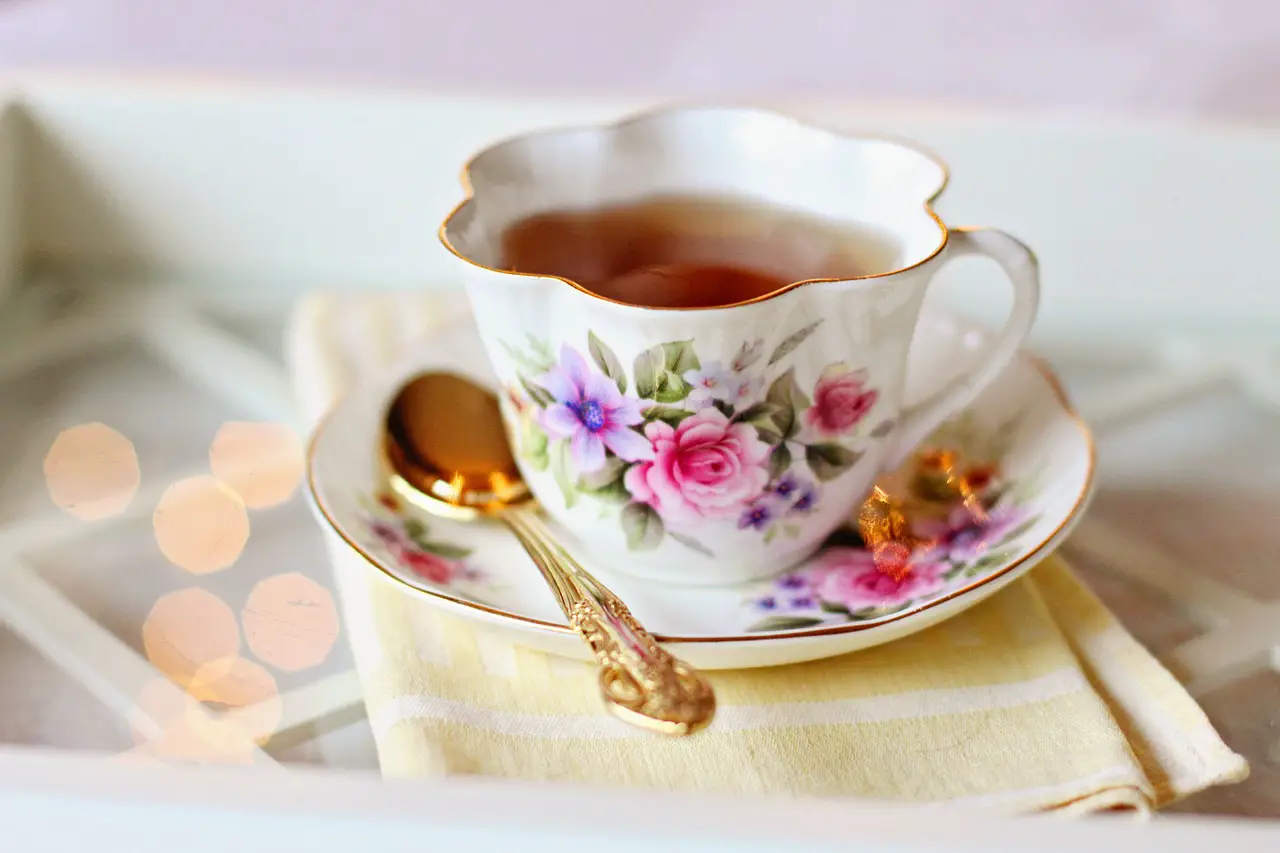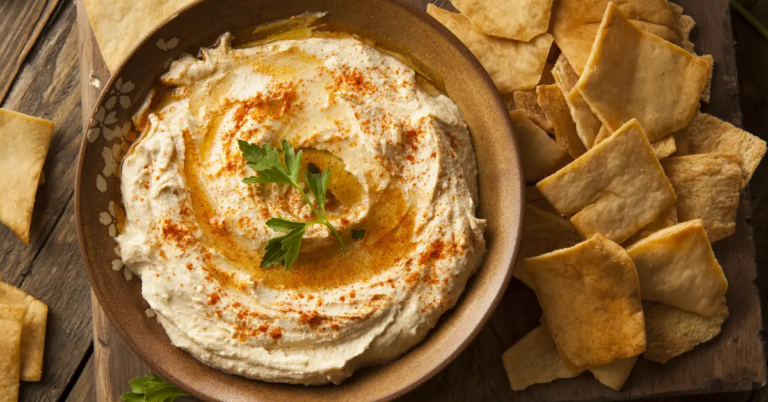Did you know that certain populations around the world have a higher concentration of centenarians, individuals who live to be 100 years or older? These exceptional longevity hotspots, known as the “Blue Zones,” have been extensively studied by experts like Dan Buettner.[1] Their research has revealed fascinating insights into the factors contributing to long and healthy lives. Surprisingly, one common thread among these regions is regular tea consumption.
In this comprehensive guide, we delve into the world of tea, exploring the three types of tea favored by the longest-living populations in the Blue Zones and the scientific evidence supporting their health benefits.
Tea’s Role in Longevity in the Blue Zones
Scientific studies have shed light on the health advantages associated with tea consumption. Research has shown that tea can support bone and brain health, making it particularly beneficial as we age. However, some teas are especially notable for their health benefits. For instance, green tea, one of the 15 teas you should drink every day, has earned high praise in many longevity studies.
- Green Tea: The Okinawan Secret
In Okinawa, Japan, green tea takes center stage in the daily lives of its residents. This tea variety is renowned for its heart disease and cancer-fighting properties. Green tea is rich in flavanols, antioxidants that can lower LDL cholesterol and enhance cardiovascular health. Some even consider it the best tea for a stronger immune system. It also contains catechins, which combat free radicals, and L-theanine, an amino acid that may improve mood and cognitive function. Another antioxidant-rich alternative in Okinawa is butterfly pea flower tea.
A study published in the Journal of the American Medical Association (JAMA) found that regular consumption of green tea is associated with a lower risk of all-cause mortality, particularly cardiovascular-related deaths. You can further promote cardiovascular health by following a cardiologist’s tips for preventing heart attacks. [2]
- Herbal Teas: The Ikarian Elixir
In Ikaria, Greece, herbal teas are a staple in the daily routines of the local population, contributing to the rarity of chronic illnesses like dementia. The Ikarian diet also includes other health-promoting foods such as beans, wild greens, olive oil, lemons, and potatoes.
A scientific review published in the Journal of Ethnopharmacology highlights the antioxidant and diuretic effects of various herbal teas, supporting their potential health benefits. Some commonly used herbs for brewing teas in Ikaria include mint for preventing gingivitis and ulcers, rosemary for treating gout, and artemisia for improving blood circulation. [3]
In addition to tea consumption, Ikarians also practice mindfulness and stress management techniques, like mindfulness meditation, contributing to their overall wellness and longevity.
- Milk Thistle Tea: Sardinia’s Digestive Ally
In Sardinia, Italy, milk thistle tea is favored for its digestive benefits, nutrient storage properties, and ability to eliminate toxins from the body. This herb is also associated with cancer prevention, reduction of inflammation, heart protection, and maintenance of liver health. Scientific studies suggest that milk thistle extracts can help control chronic liver diseases.
A study published in the World Journal of Gastroenterology investigated the hepatoprotective effects of milk thistle extracts, particularly silymarin, and found that it can help boost the liver’s defenses against harmful substances by stopping the formation of free radicals.[4]
Global Tea Consumption and Trends
Tea has gained popularity worldwide, with over 159 million people in the US regularly consuming tea. Turkey, Ireland, and the United Kingdom have the highest per capita tea consumption, indicating a global embrace of this beloved beverage. [5,6]
However, it’s important to note that the Blue Zones represent a minuscule percentage of the global population, yet they boast a remarkably high number of centenarians. This suggests that factors beyond tea consumption contribute to longevity.
Additional Factors Contributing to Longevity
While tea is a significant component of the Blue Zones’ lifestyles, other factors play a vital role in promoting longevity:
- Balanced Diet: Consuming a nutrient-rich diet comprising whole foods, fruits, vegetables, lean proteins, healthy fats, and legumes supports overall health and enhances life expectancy.
- Physical Activity: Regular exercise, whether walking, cycling, swimming, or gardening, contributes to cardiovascular health, muscle strength, and overall well-being.
- Healthy Social Connections: Strong social networks, close family ties, and active community involvement are crucial for a long and fulfilling life.
- Mental Health Maintenance: Practices like meditation, yoga, and mindfulness reduce stress and support mental well-being.
- Preventive Healthcare: Regular check-ups and appropriate vaccinations help prevent and manage chronic diseases, ensuring optimal health and longevity.

My Personal RX: Holistic Strategies for Longevity
To promote a long and healthy life, consider the following preventive measures and ways to identify potential problems or symptoms:
- Adopt a balanced approach that combines a healthy diet and regular physical exercise. Start by maintaining a balanced and varied diet that includes the goodness of tea as a part of your daily routine. Aim for at least 150 minutes of moderate-intensity activity per week to strengthen your body and improve cardiovascular health.
- Prioritize mental health through stress reduction techniques and regular self-care activities. It also helps to cultivate strong social connections and actively participate in your community.
- When it comes to supporting your well-being, consider the tremendous potential of collagen supplements. Incorporating collagen supplements into your routine can replenish and nourish your body, supporting a youthful appearance, healthy joints, and vibrant well-being.
- Schedule routine health check-ups and screenings to monitor your overall health and detect any potential issues early on.
- Embark on a transformative health journey that focuses on every aspect of your health. Access my 50-page step-by-step transformative guide for practical tips, insightful advice, and actionable strategies.
The Final Steep: Achieving Longevity with Tea
Tea can be a delightful and health-enhancing addition to your daily habits, as evidenced by the longest-living people in the world. However, it’s important to remember that tea is just one piece of the longevity puzzle.
Alongside tea consumption, a balanced diet, regular physical activity, healthy social connections, and mental well-being are vital for a long and fulfilling life. Embrace the art of living well, sip your way to longevity, and make small, sustainable changes that lead to a holistic and healthier lifestyle.
My Personal RX:
My go to tea is green tea. Green tea strengthens the immune system because it protects the body against oxidants and radicals. It contains a powerful antioxidant called Epigallocatechin (EGCC) that helps protect cells from damage. The catechin found in green tea has also been linked to helping with weight loss and blood sugar level regulation.
My Personal RX for improved immune health:
1. Drink 2 cups of green tea daily.
2. Eat a whole food diet rich in superfoods. Download a free copy of my Superfood Cookbook.
3. Consider supplementing daily with my Immune Support.
4. Exercise a minimum of 3 times per week. Walking is an excellent immune boosting exercise.

References:
- Buettner, D. (2012). The blue zones: 9 lessons for living longer from the people who’ve lived the longest. National Geographic Books. https://books.google.com.ph/books/about/The_Blue_Zones.html?id=SK7FN6Wum40C&redir_esc=y
- Kuriyama S, Shimazu T, Ohmori K, et al. Green tea consumption and mortality due to cardiovascular disease, cancer, and all causes in Japan: the Ohsaki study. JAMA. 2006;296(10):1255-1265. https://doi.org/10.1001/jama.296.10.1255
- Wright CI, Van-Buren L, Kroner CI, Koning MM. Herbal medicines as diuretics: a review of the scientific evidence. J Ethnopharmacol. 2007;114(1):1-31. https://doi.org/10.1016/j.jep.2007.07.023
- Vargas-Mendoza N, Madrigal-Santillán E, Morales-González A, et al. Hepatoprotective effect of silymarin. World J Hepatol. 2014;6(3):144-149. https://doi.org/10.4254/wjh.v6.i3.144
- Tea Fact Sheet – 2022. (2020). Tea Association of the U.S.A. Inc. https://www.teausa.com/teausa/images/Tea_Fact_2021.pdf
- World Population Review. (n.d.). Tea consumption by country 2023. https://worldpopulationreview.com/country-rankings/tea-consumption-by-country




















